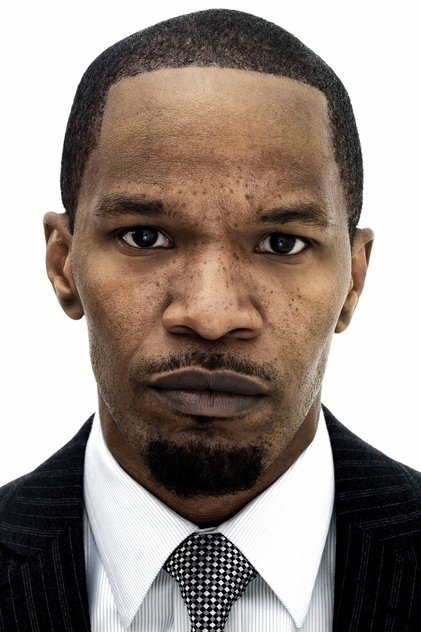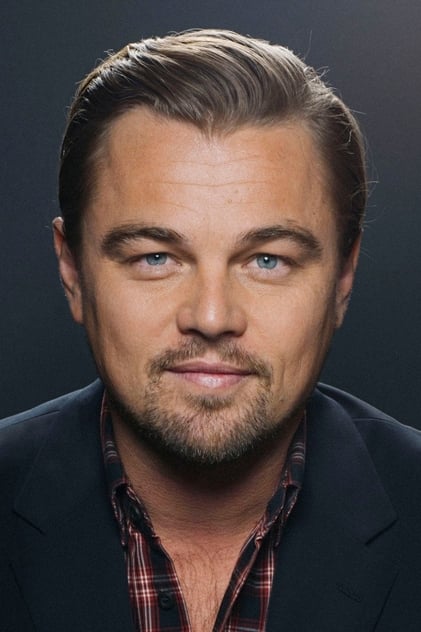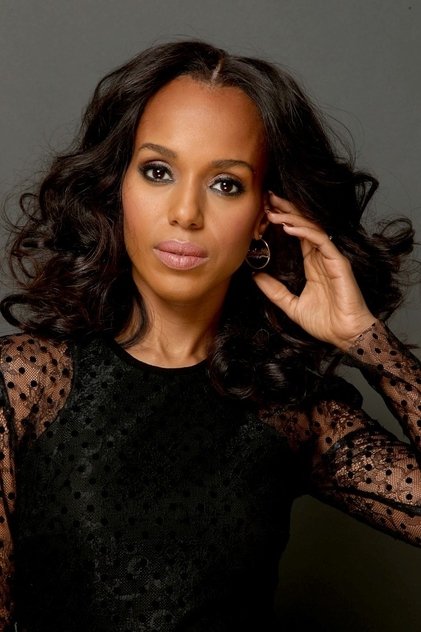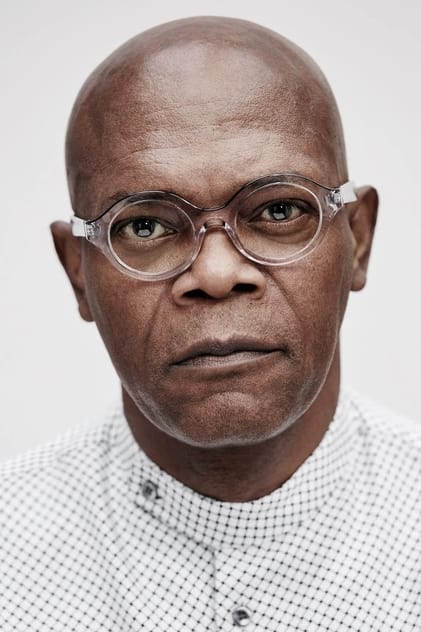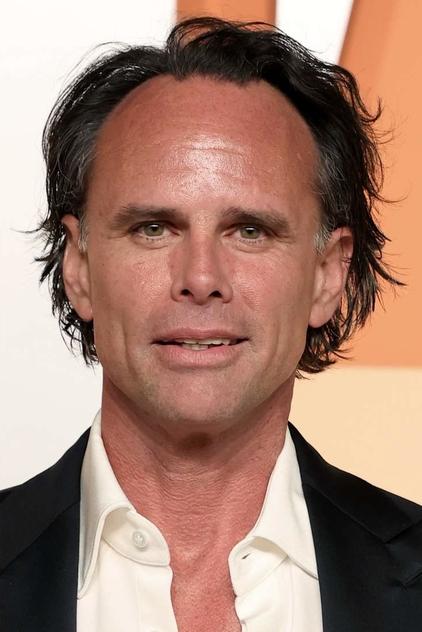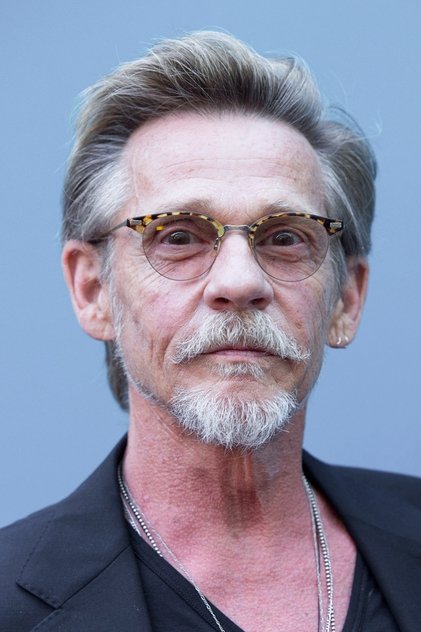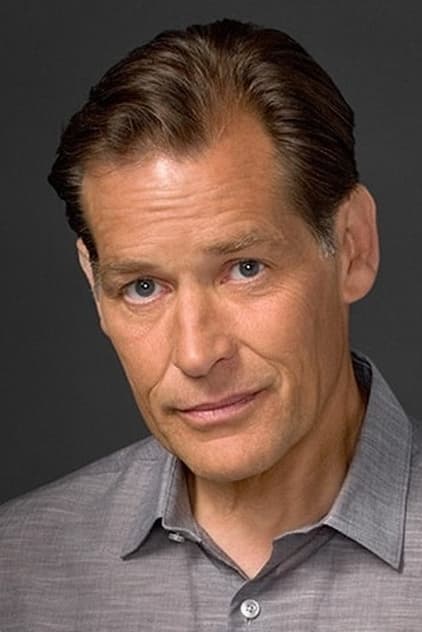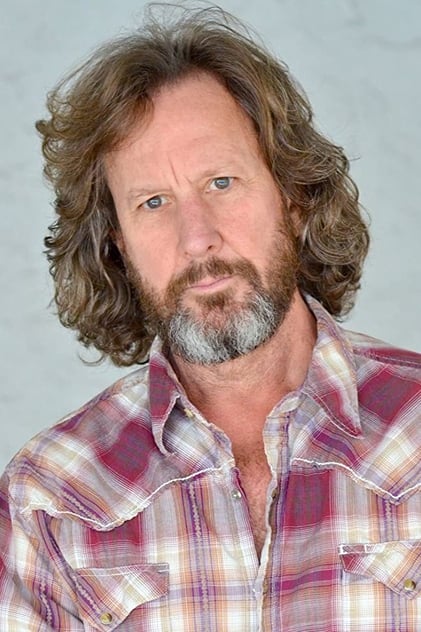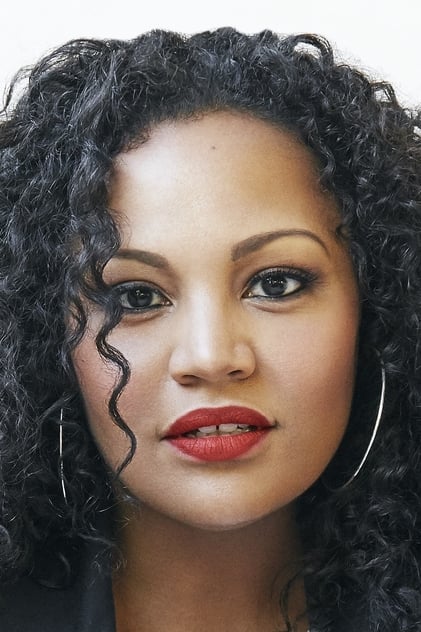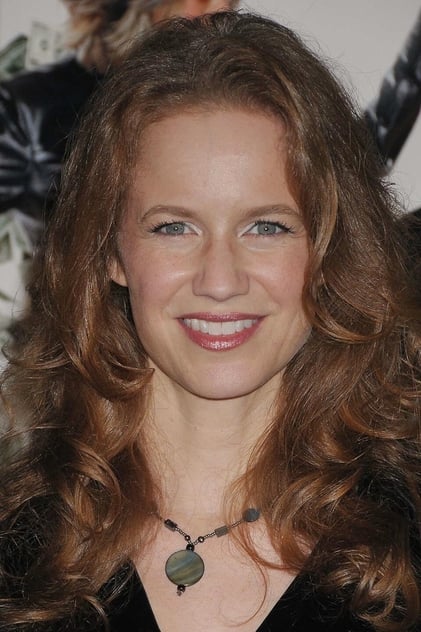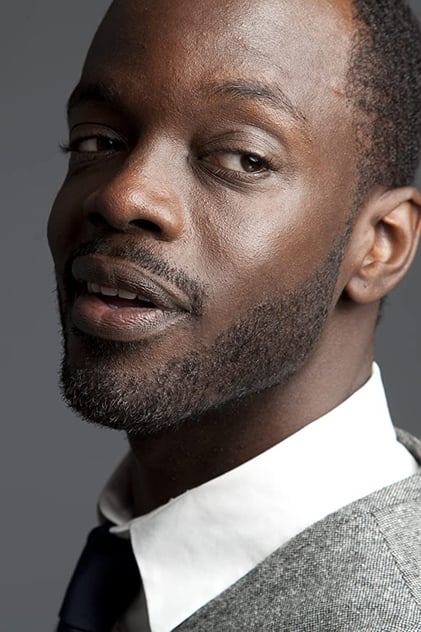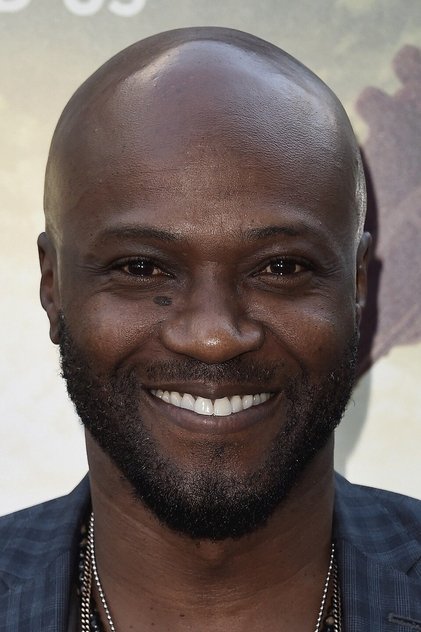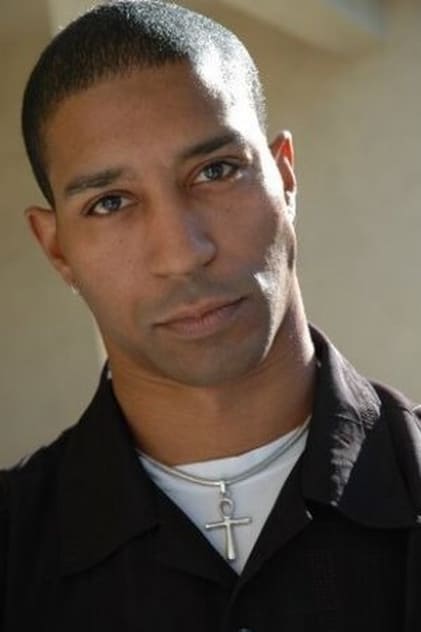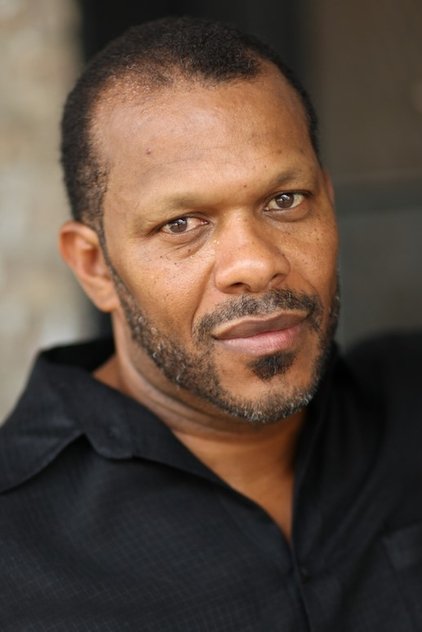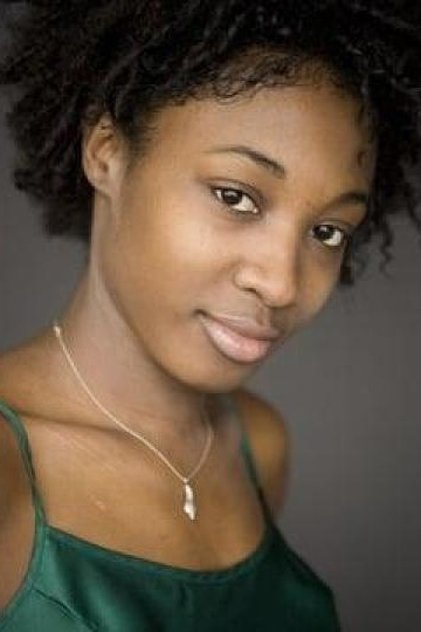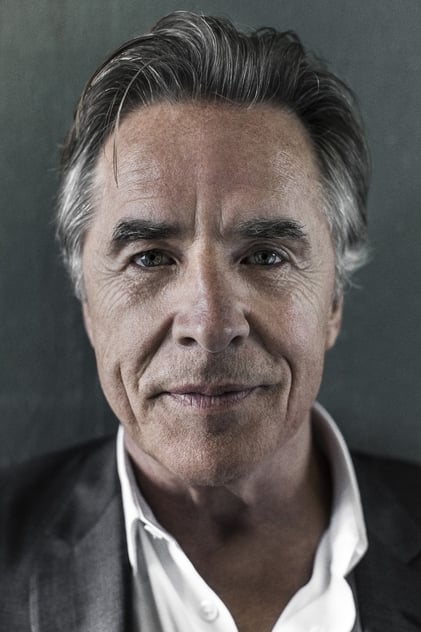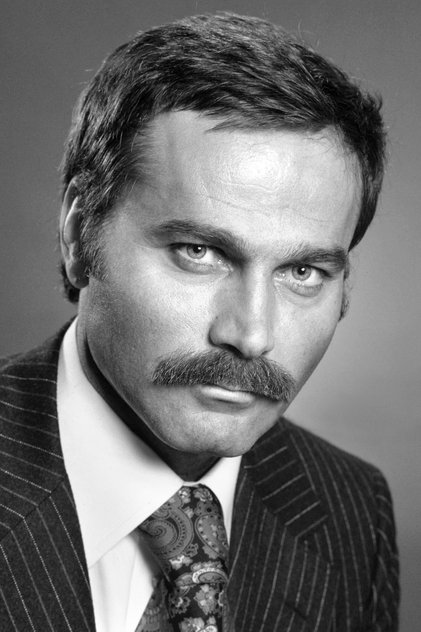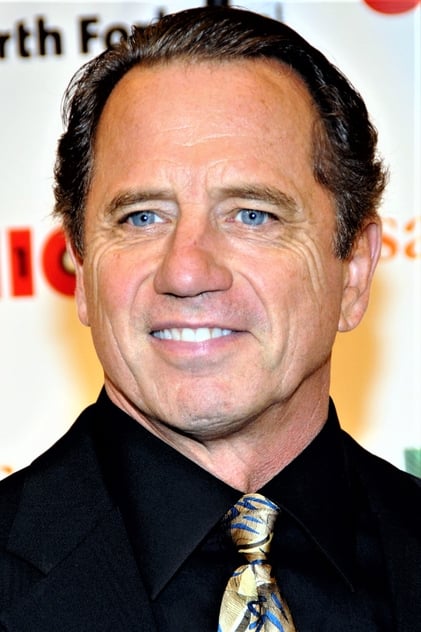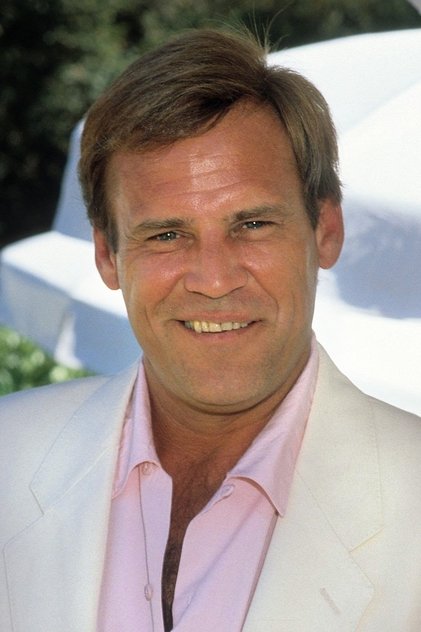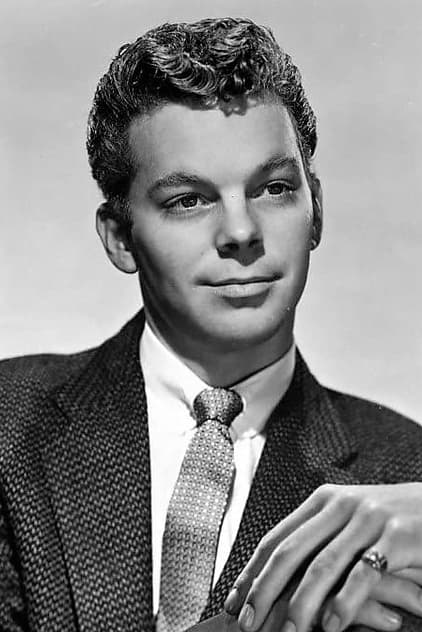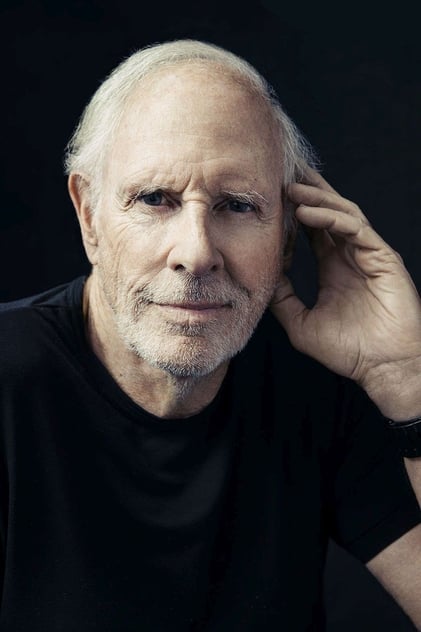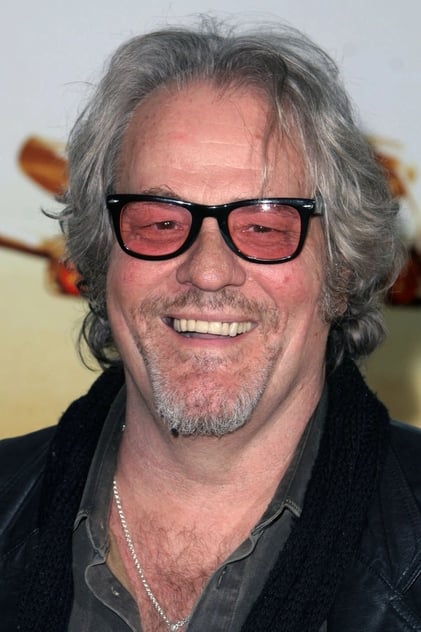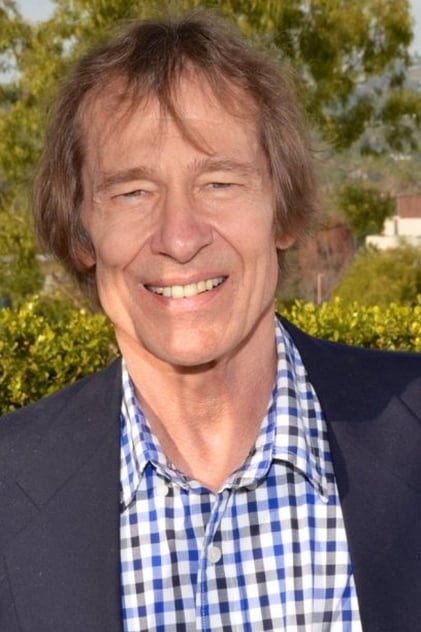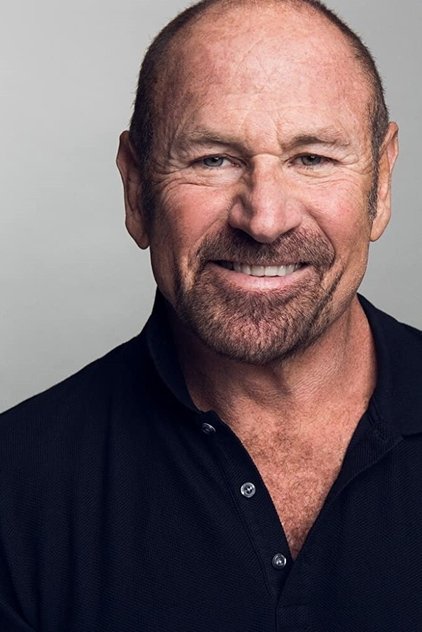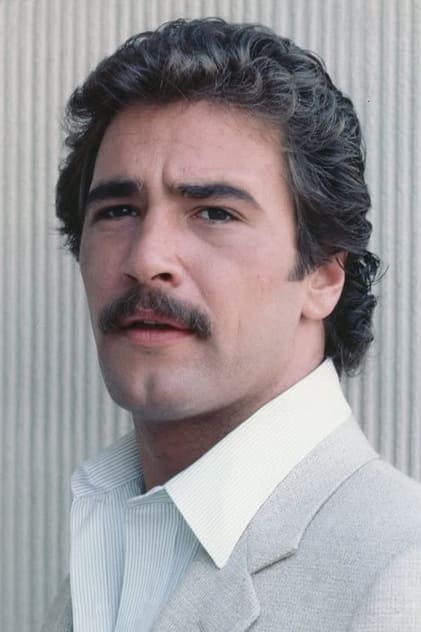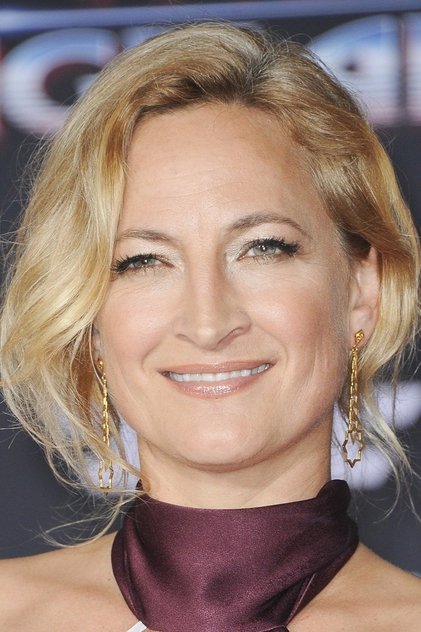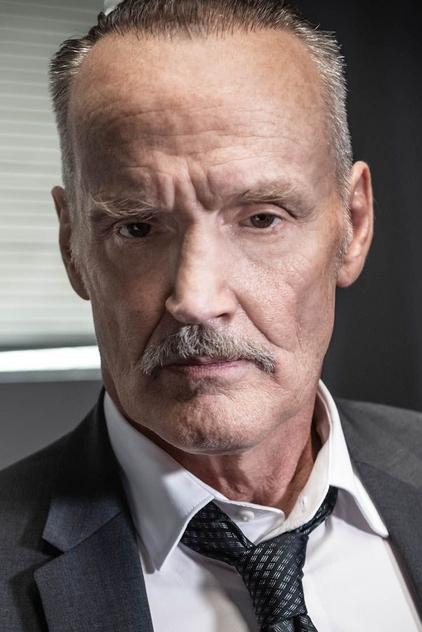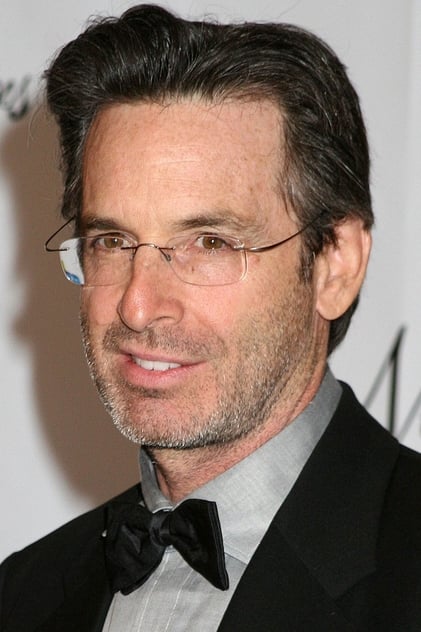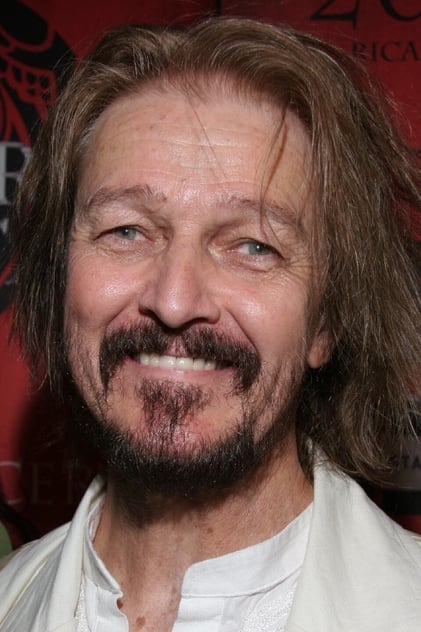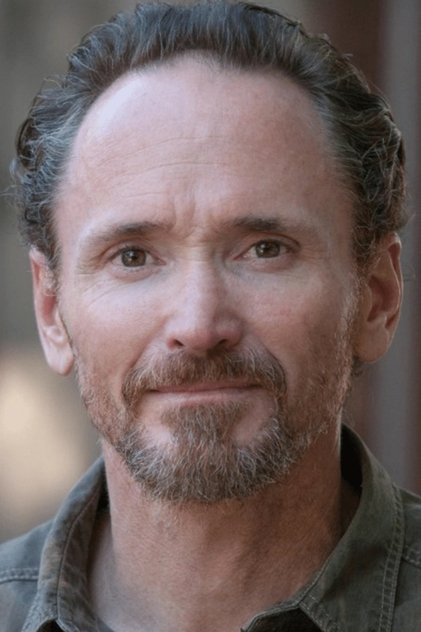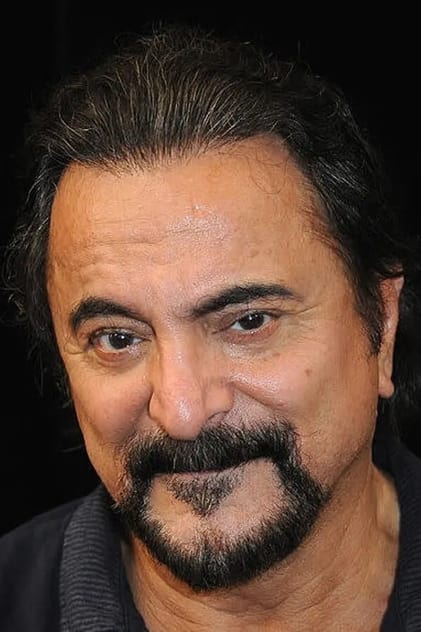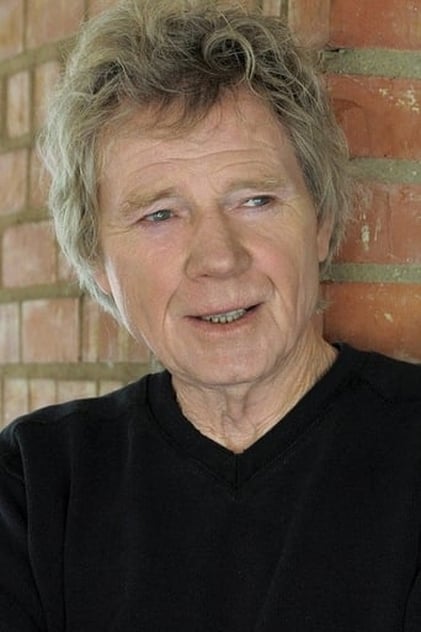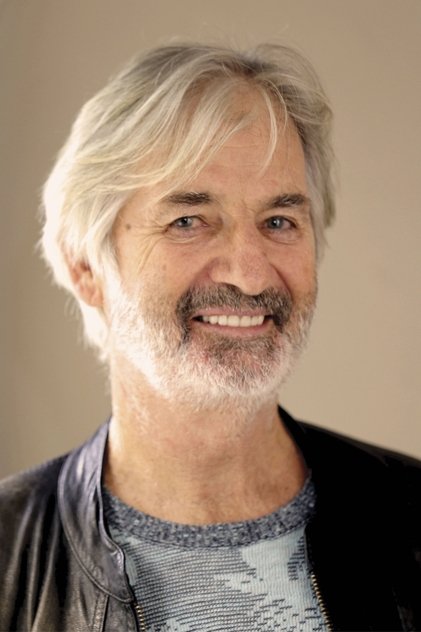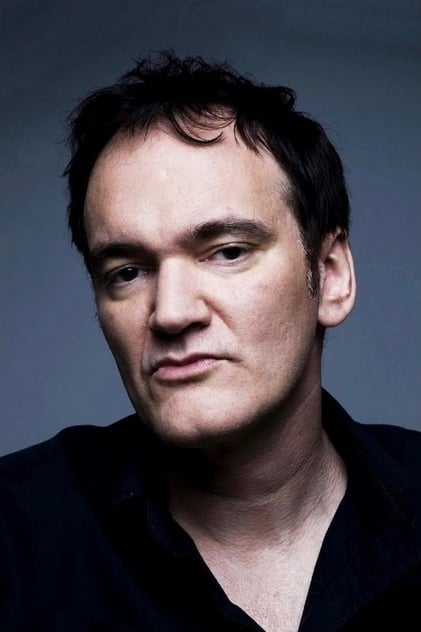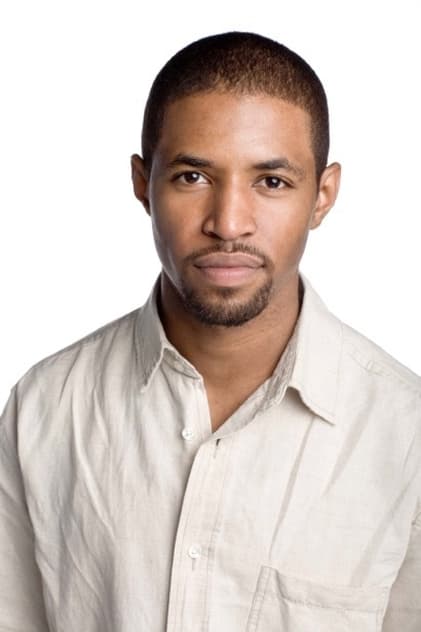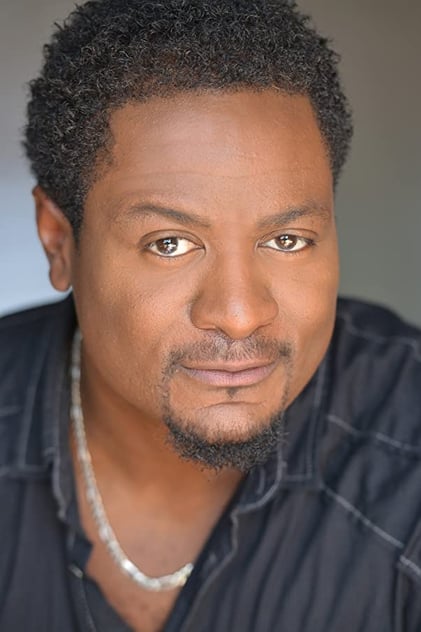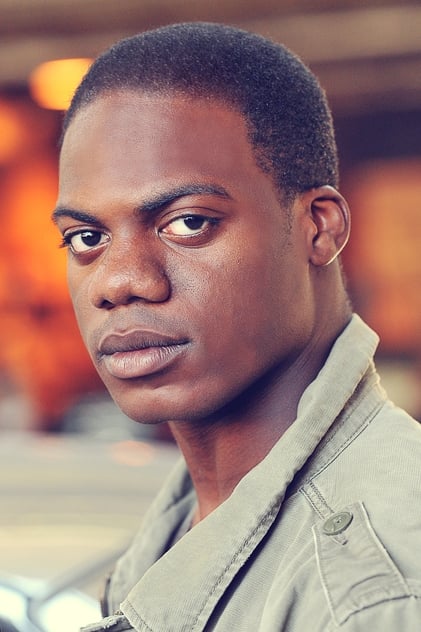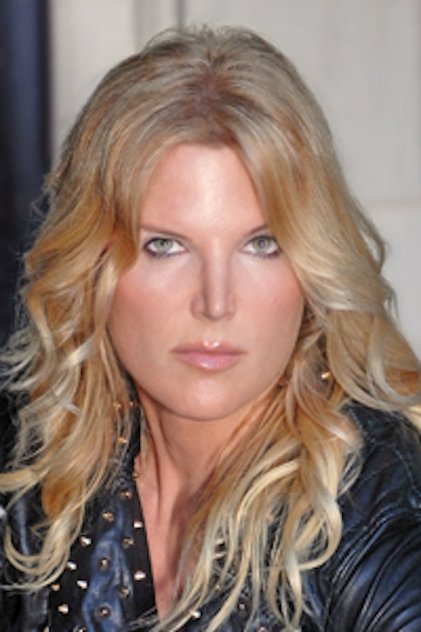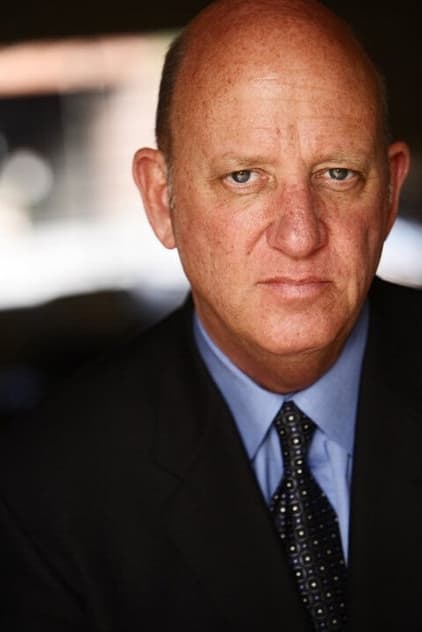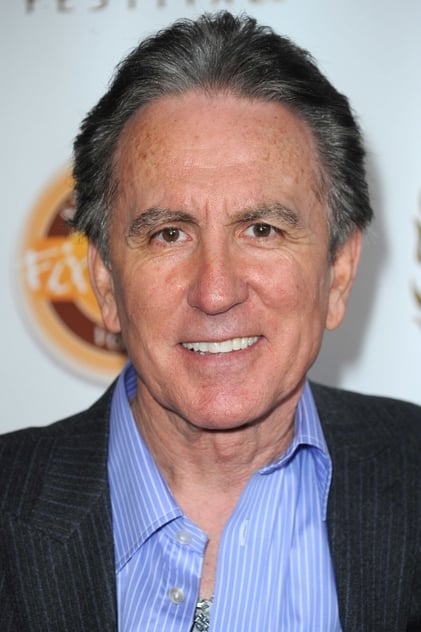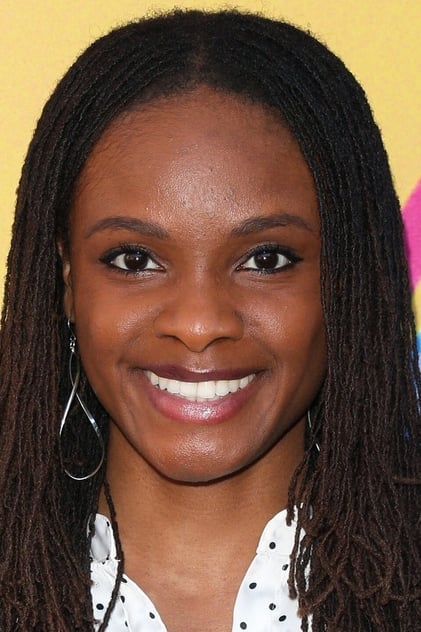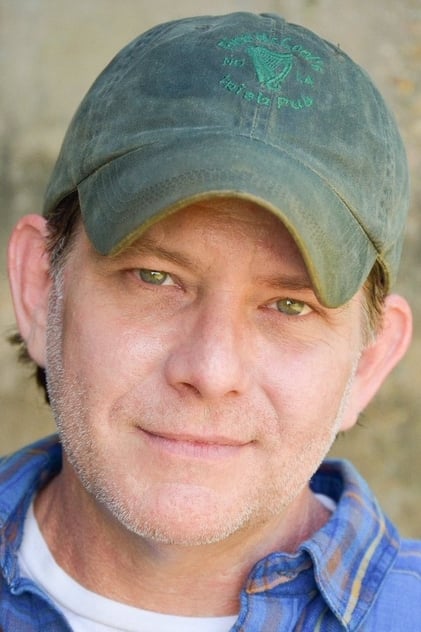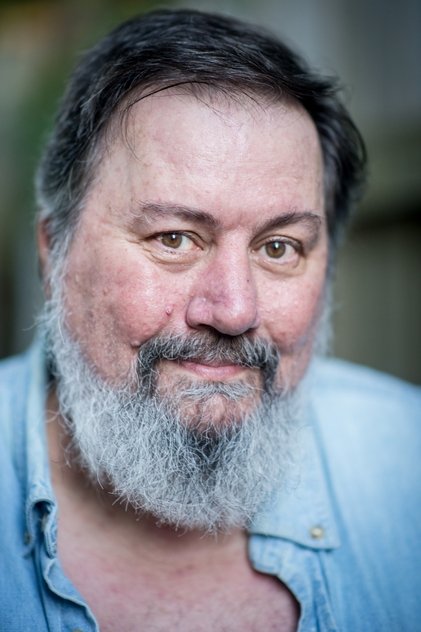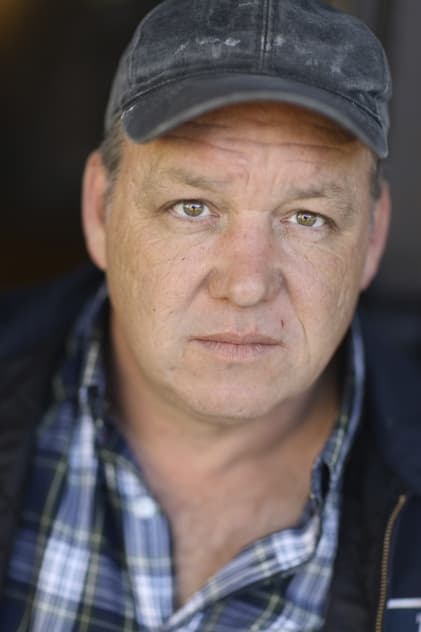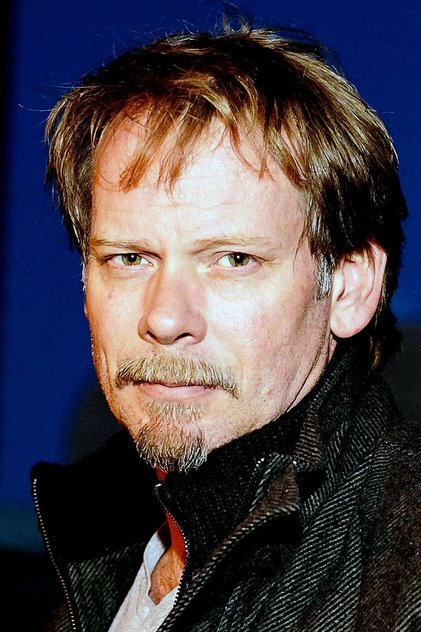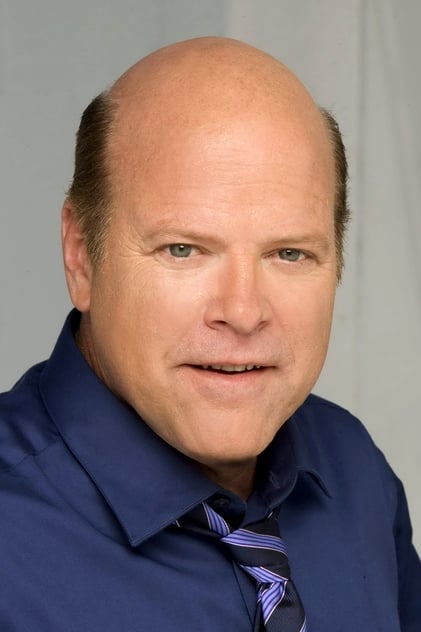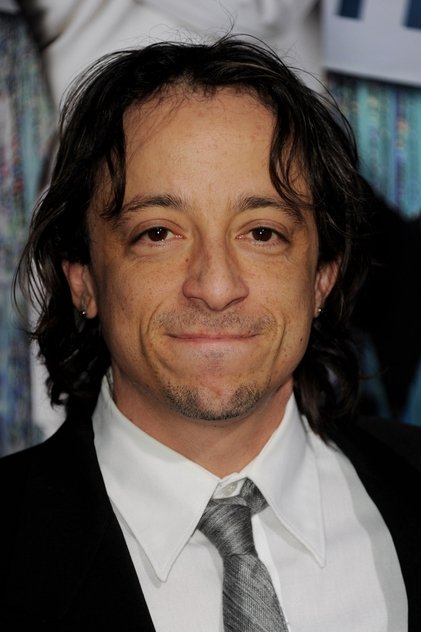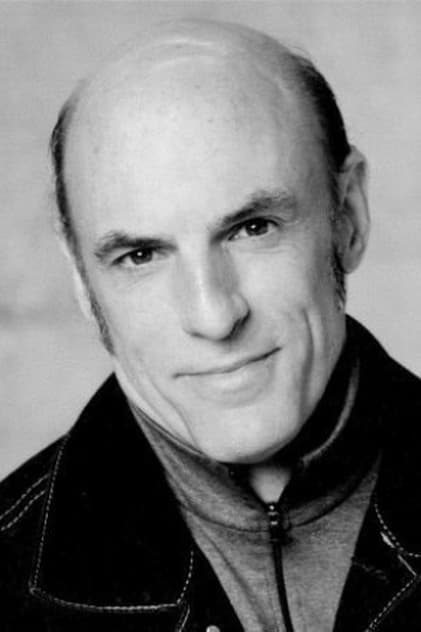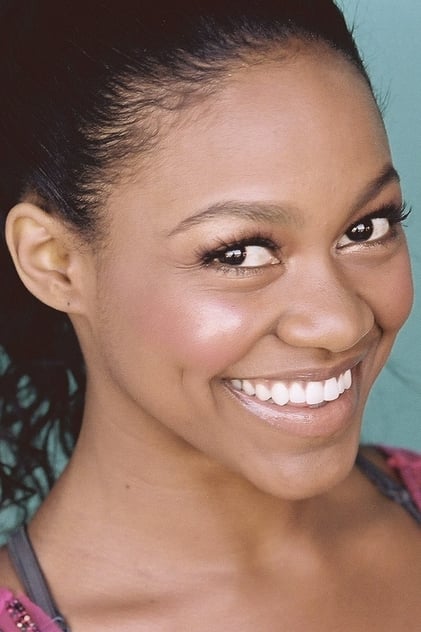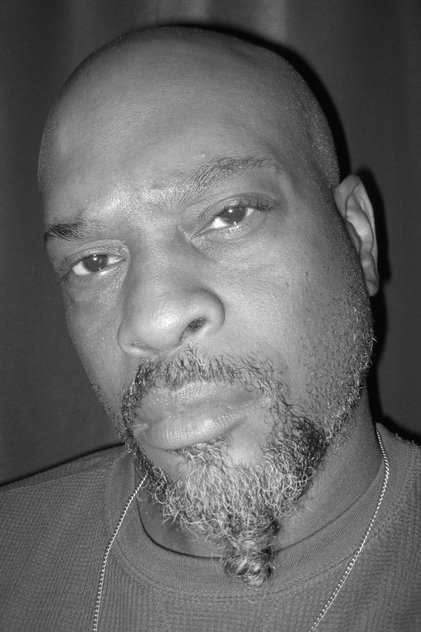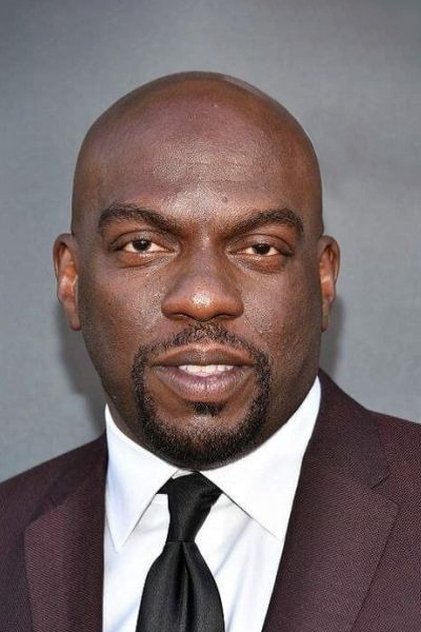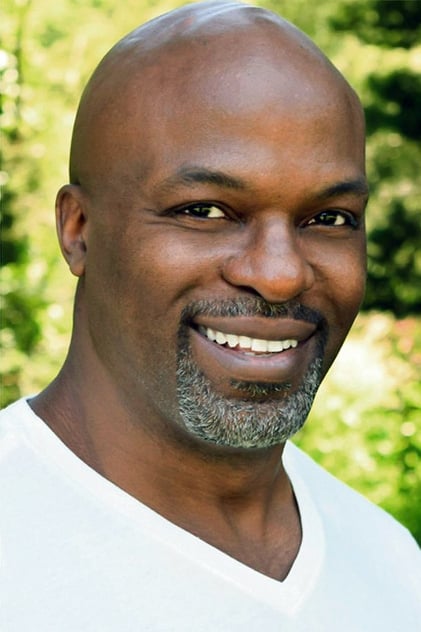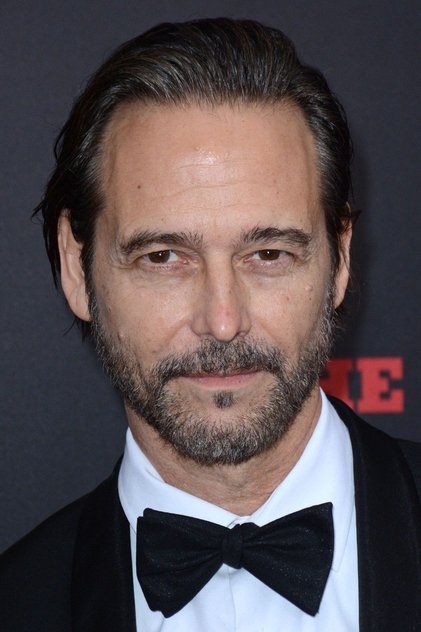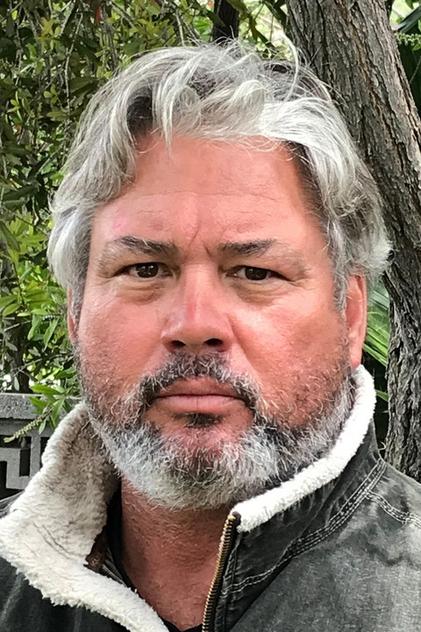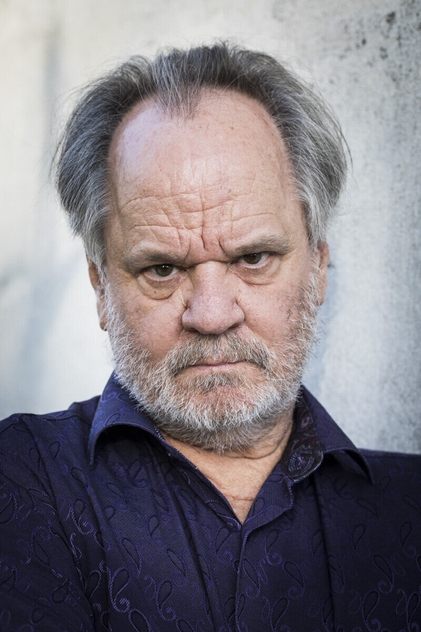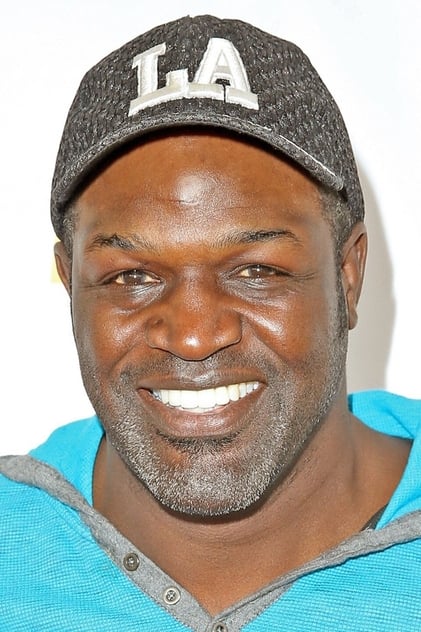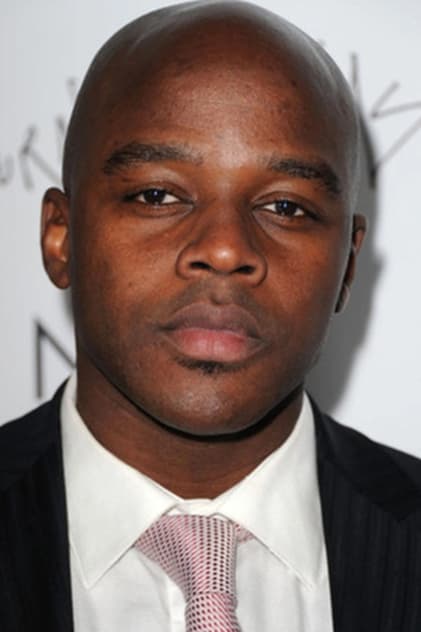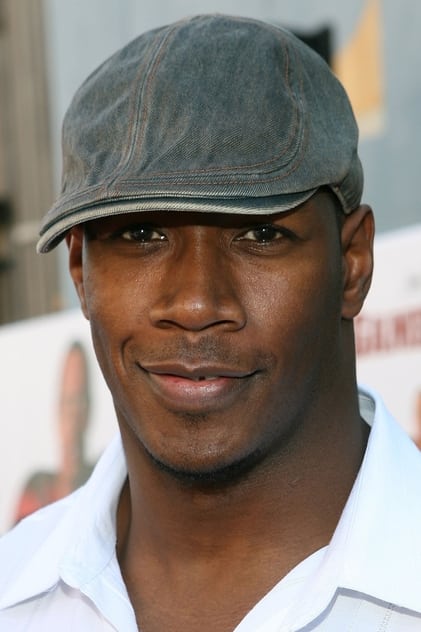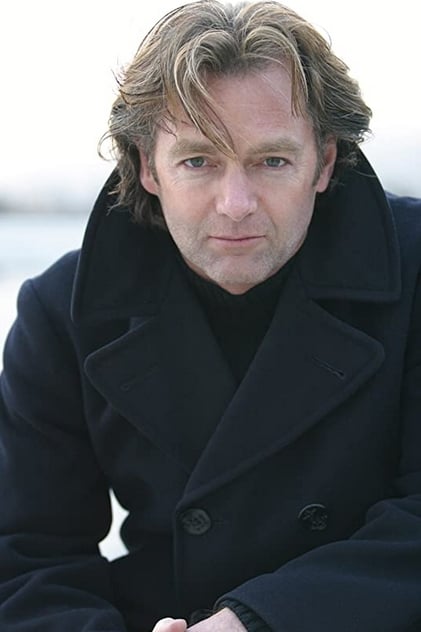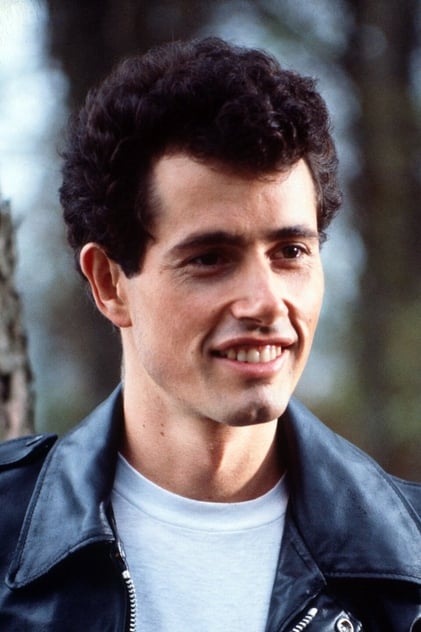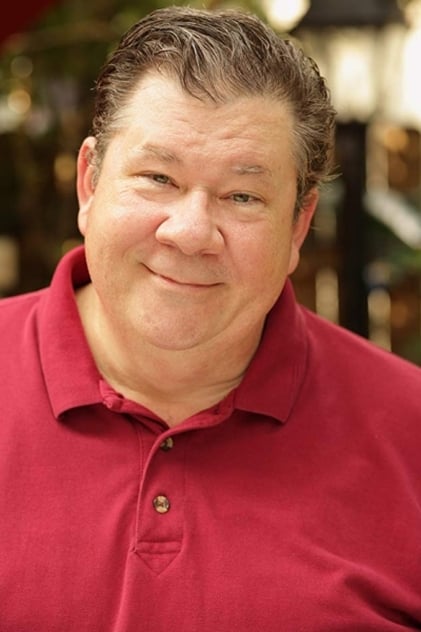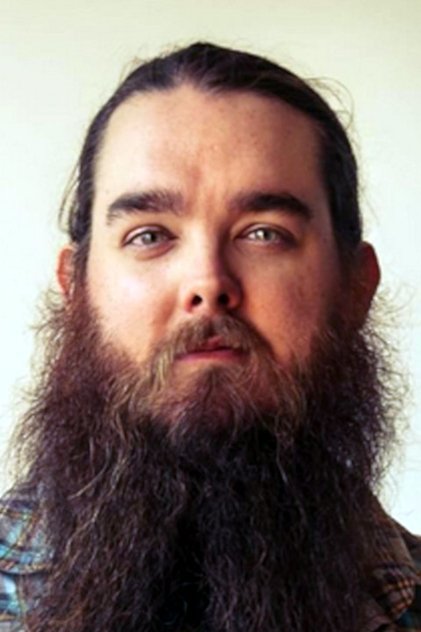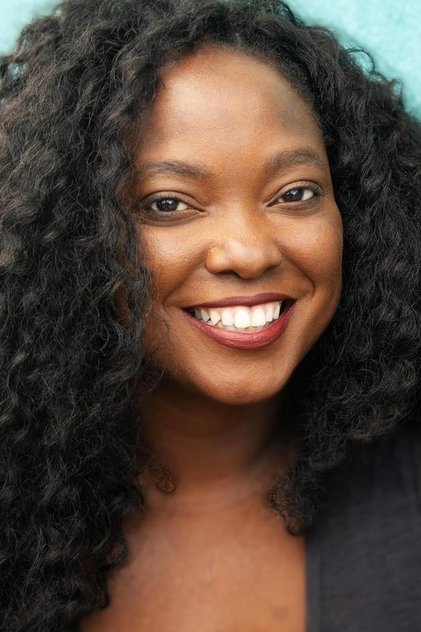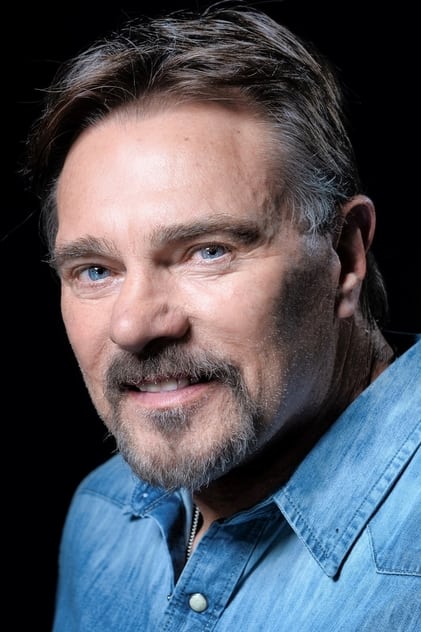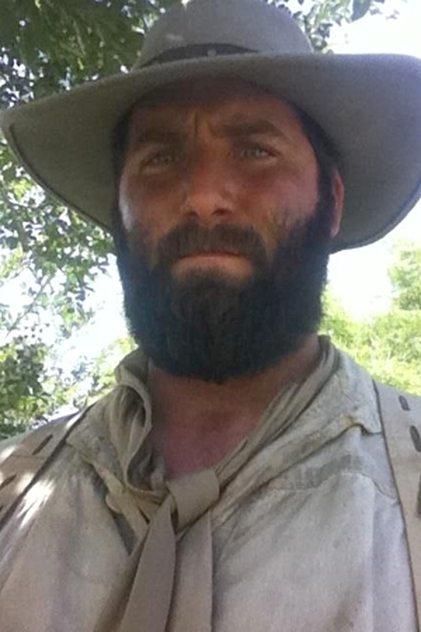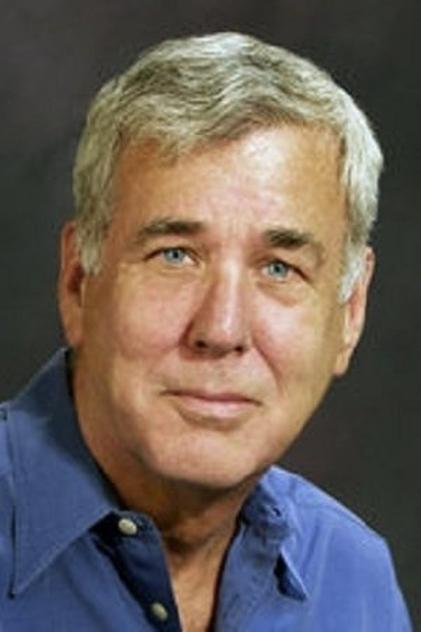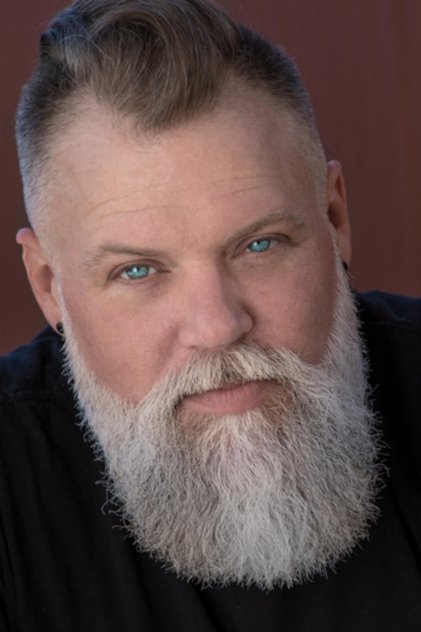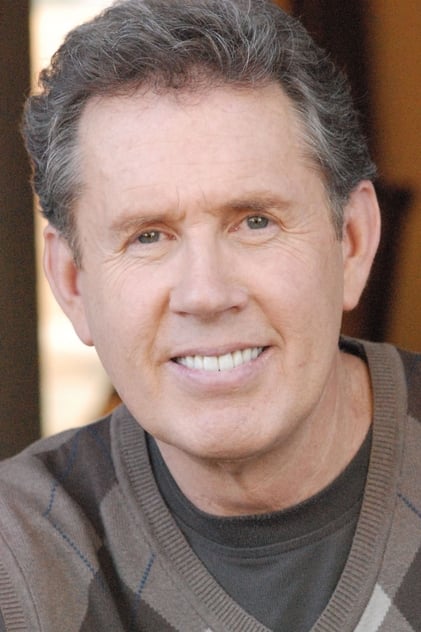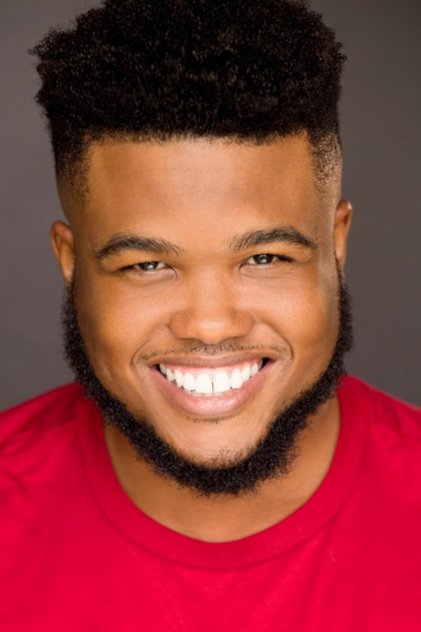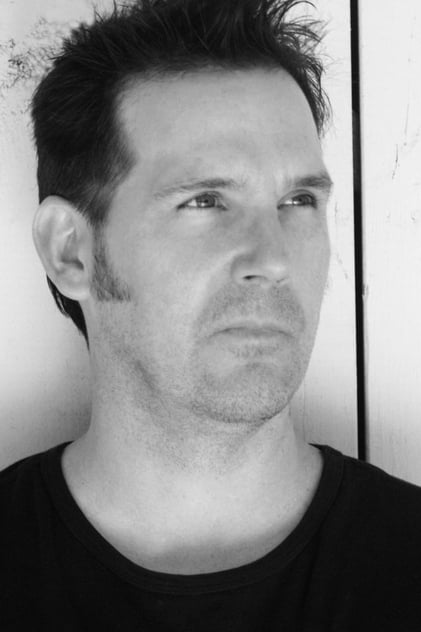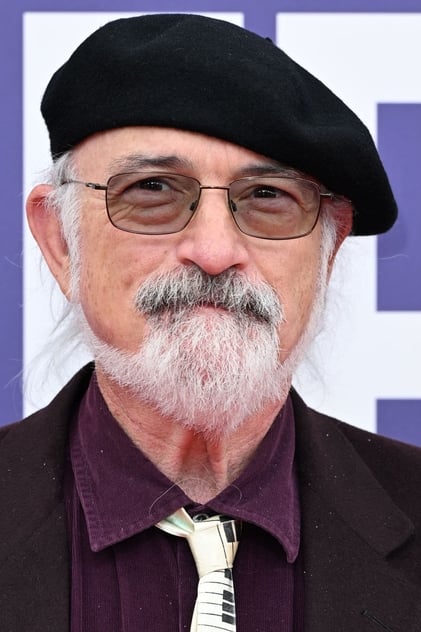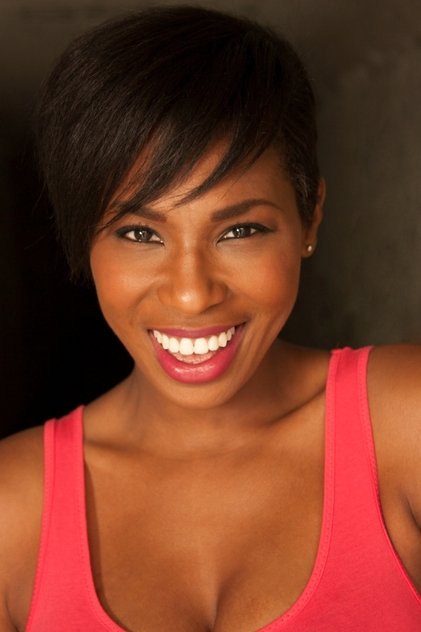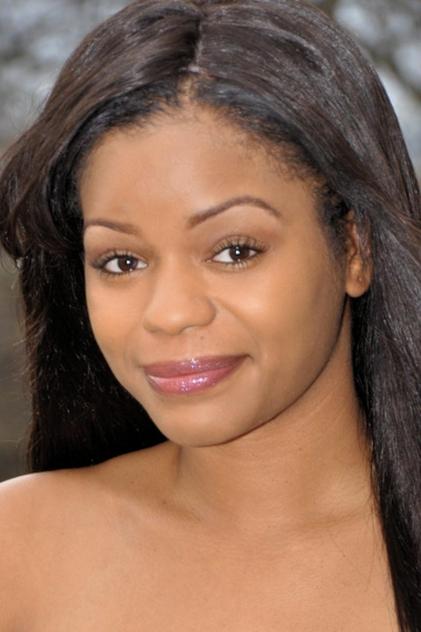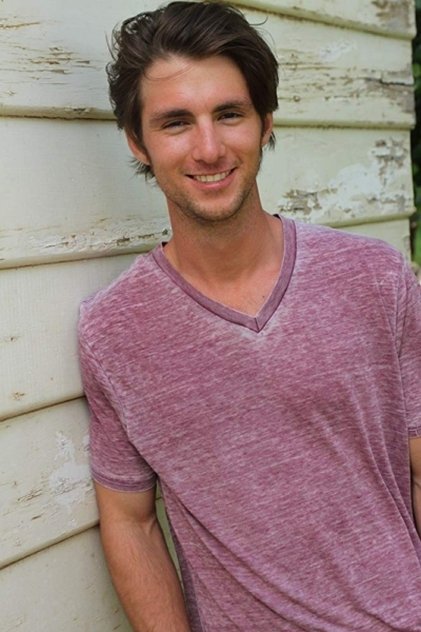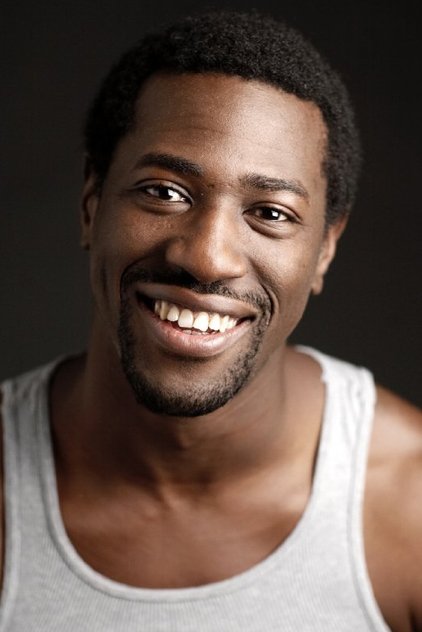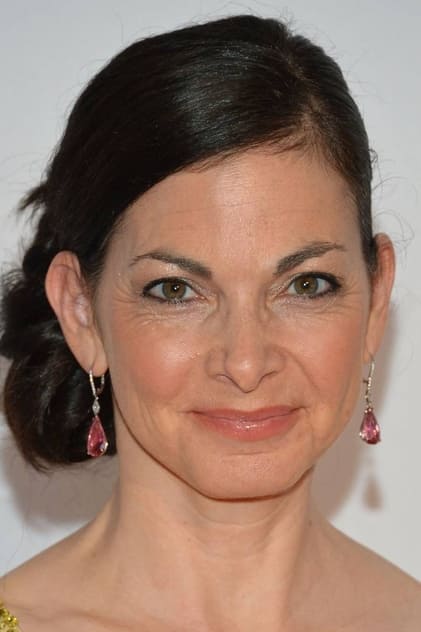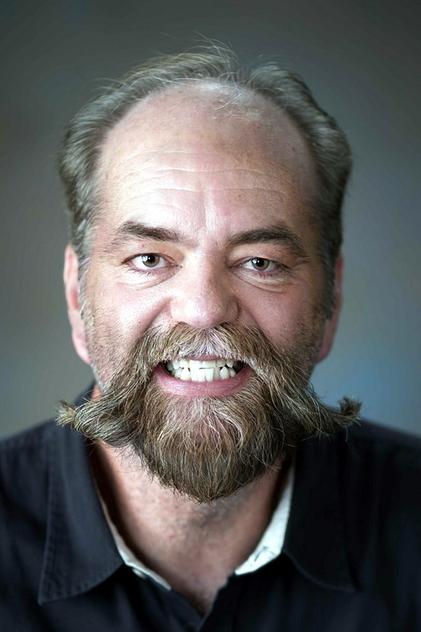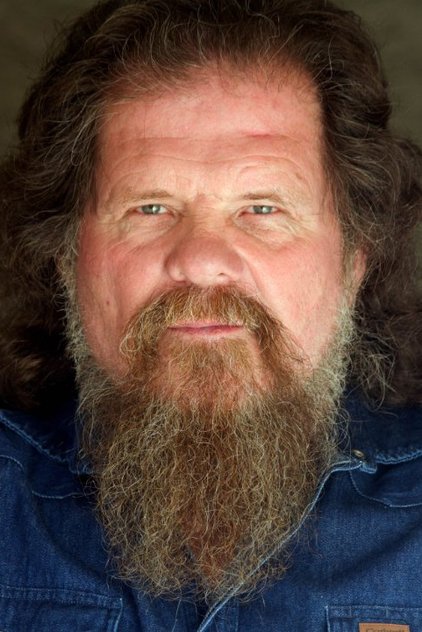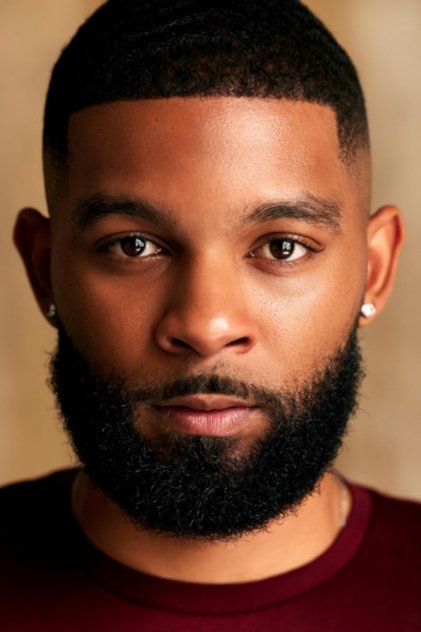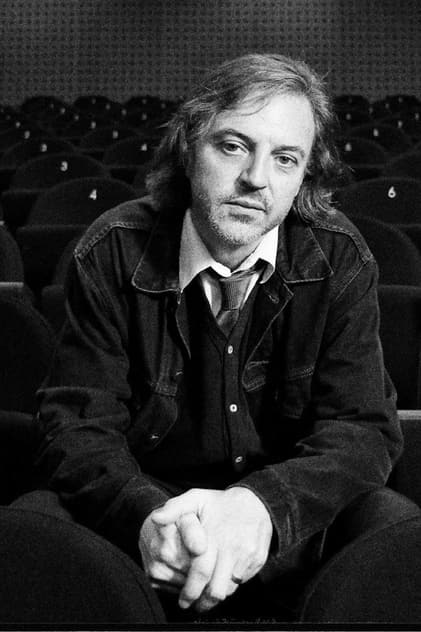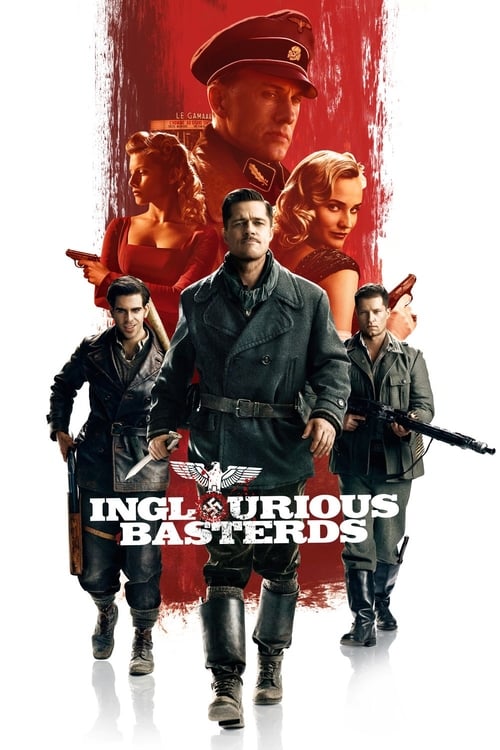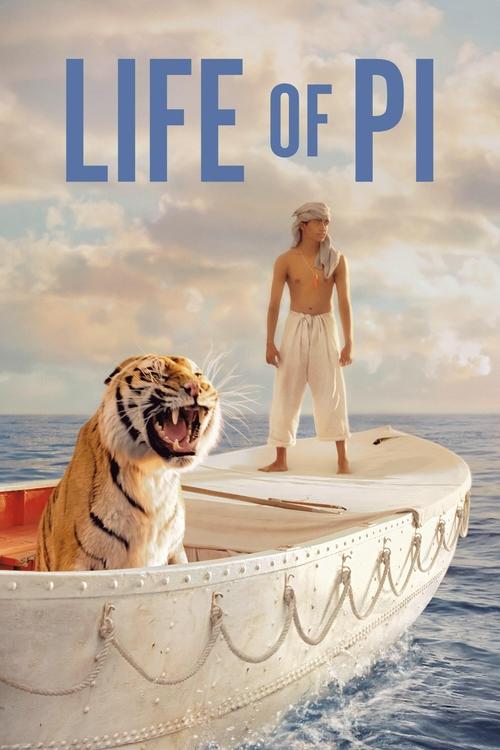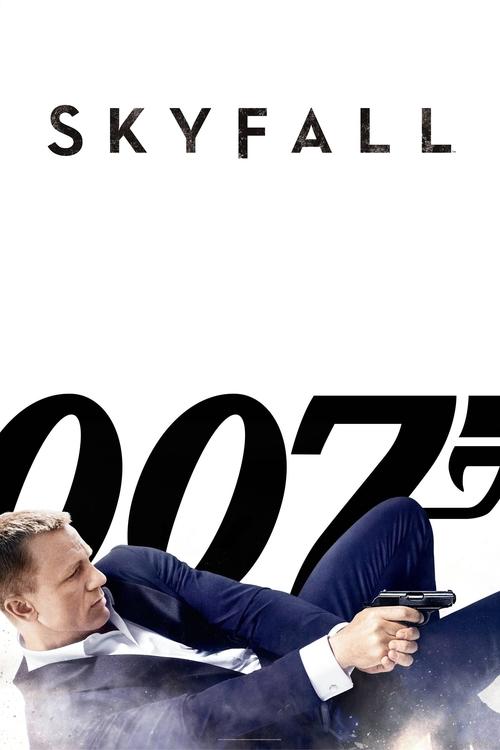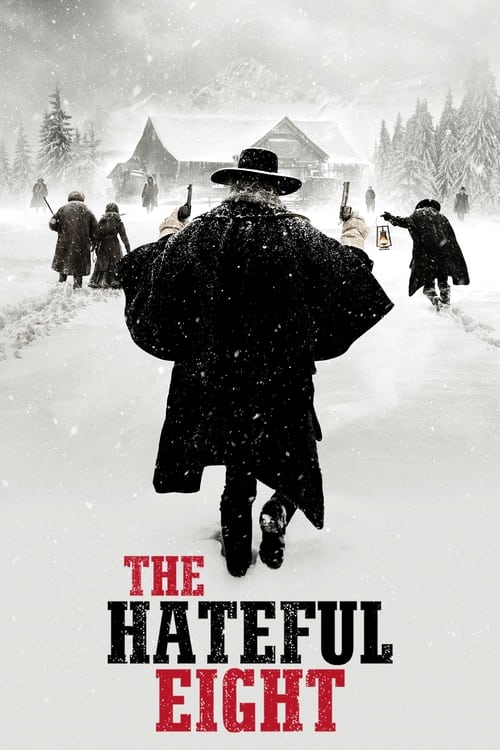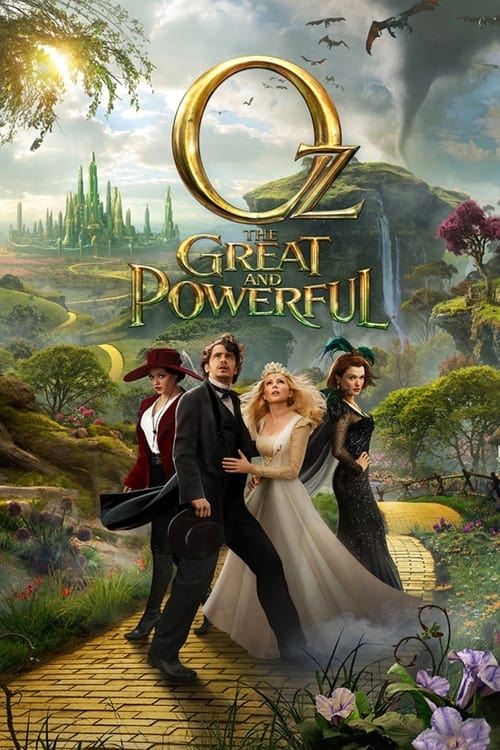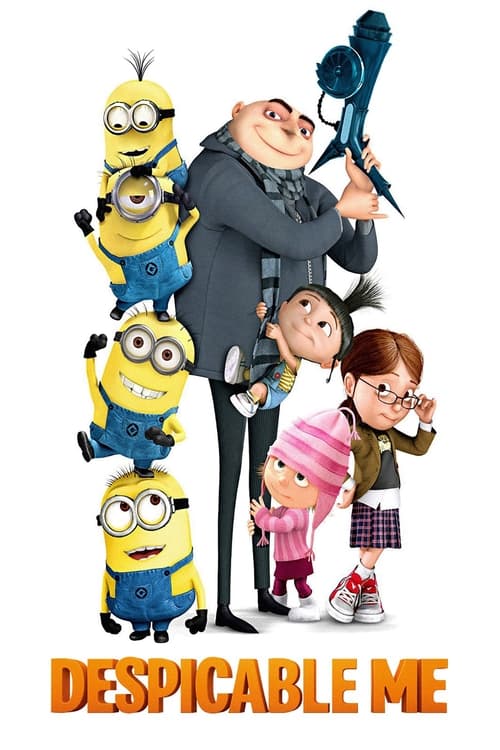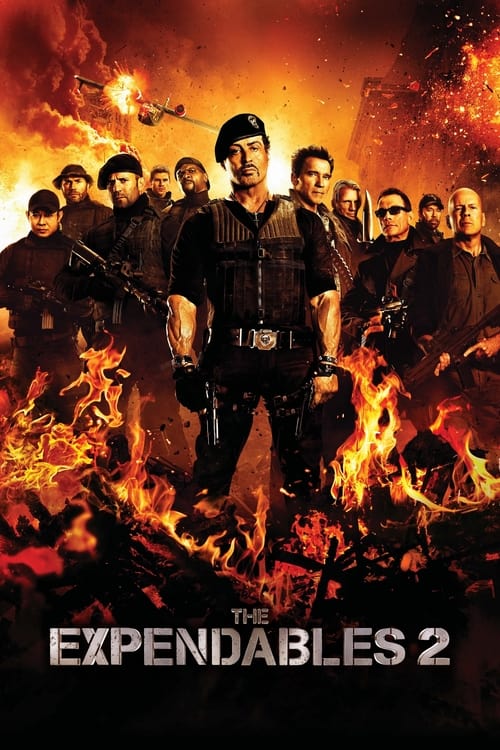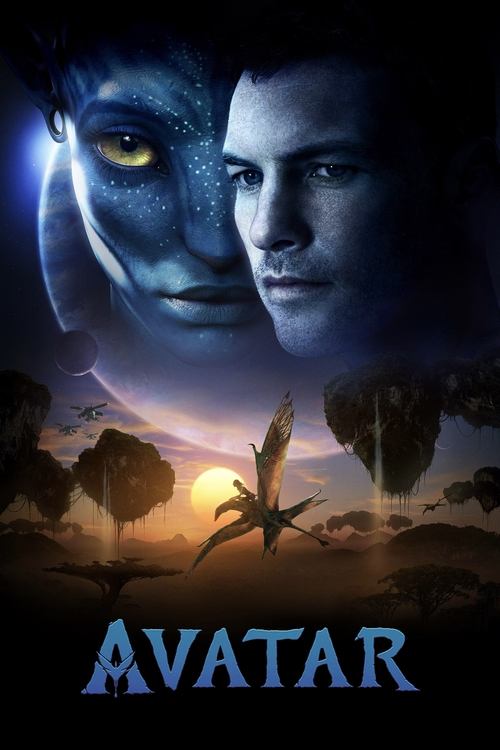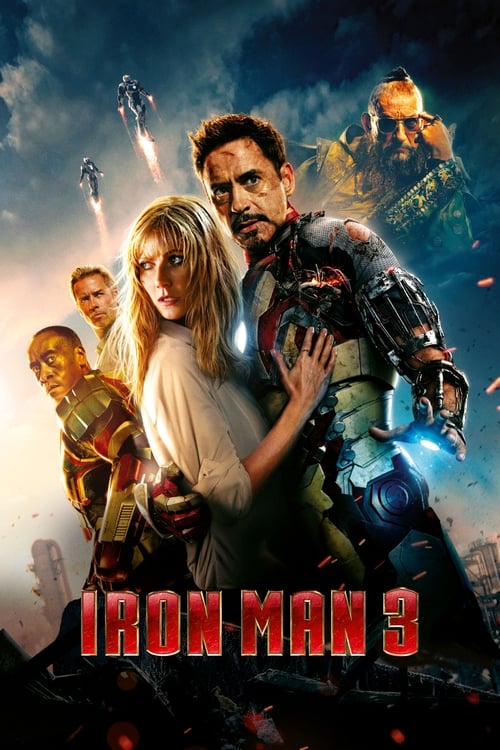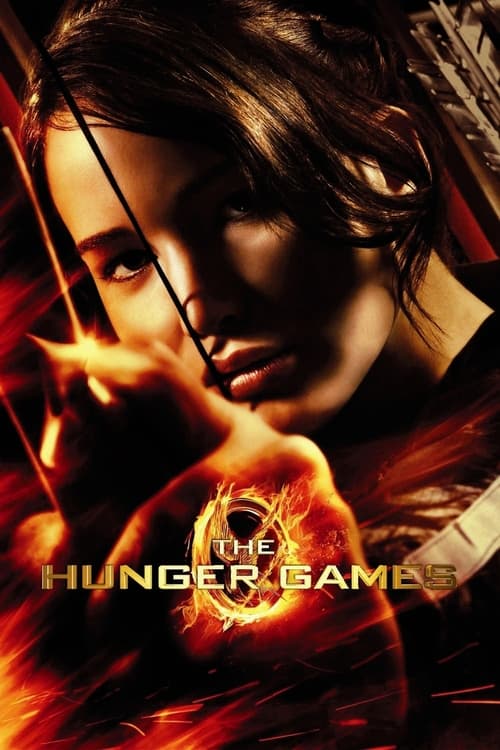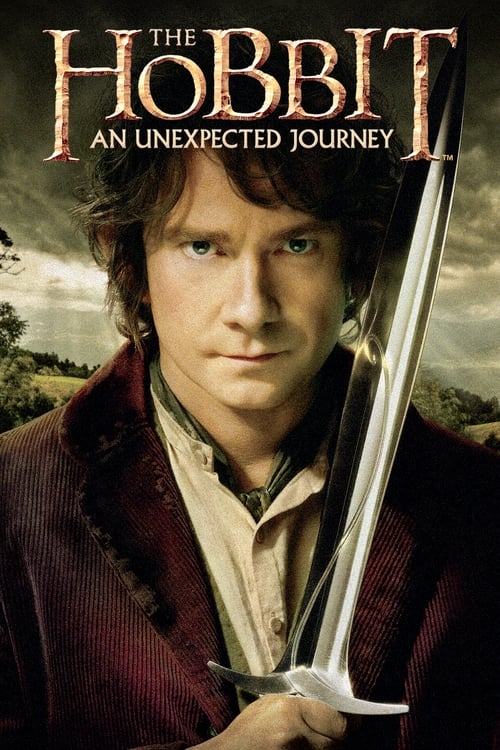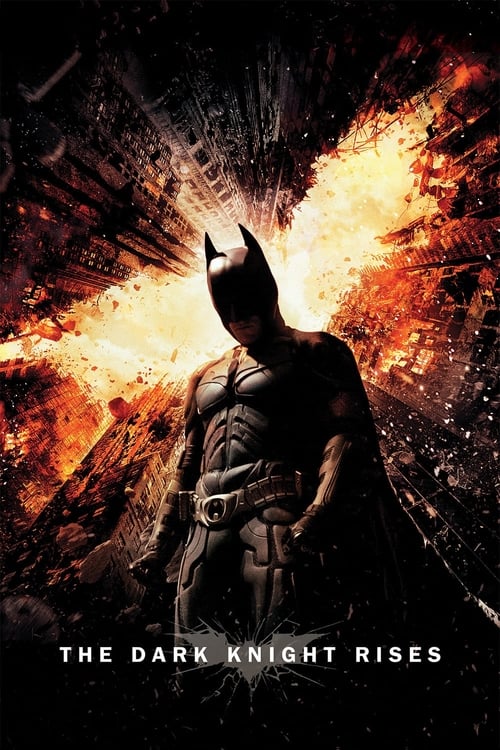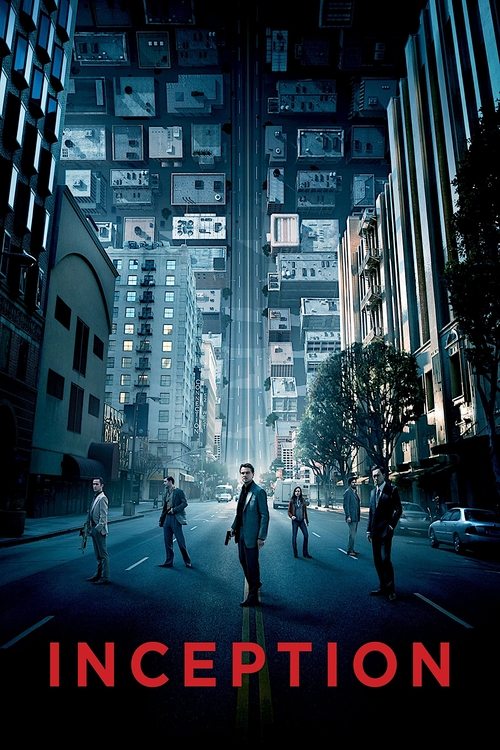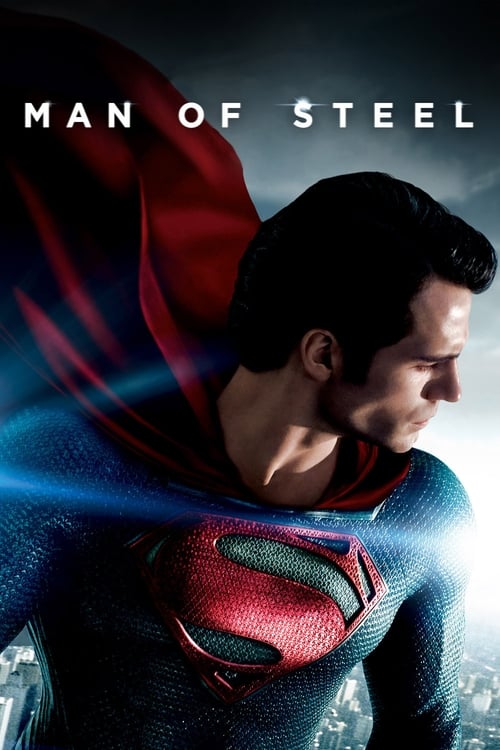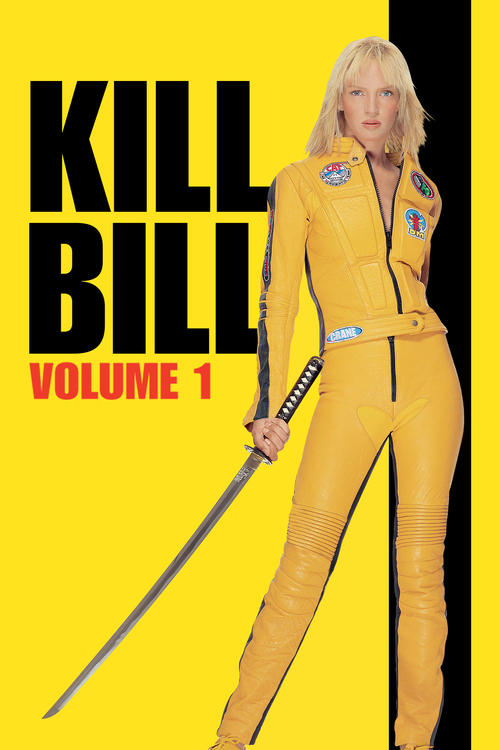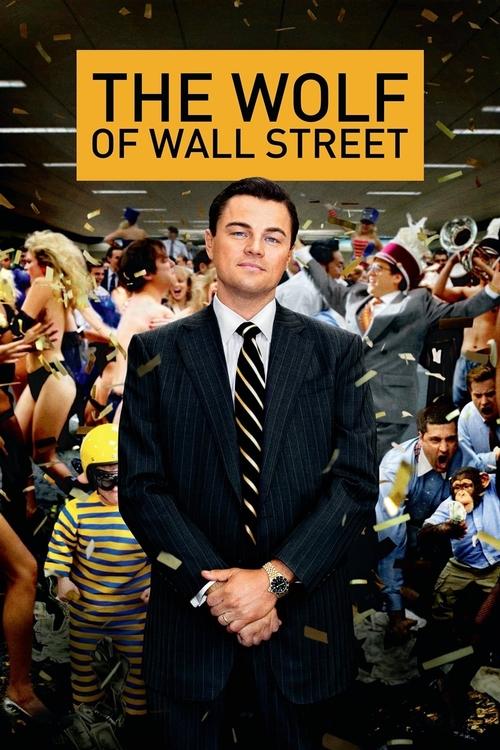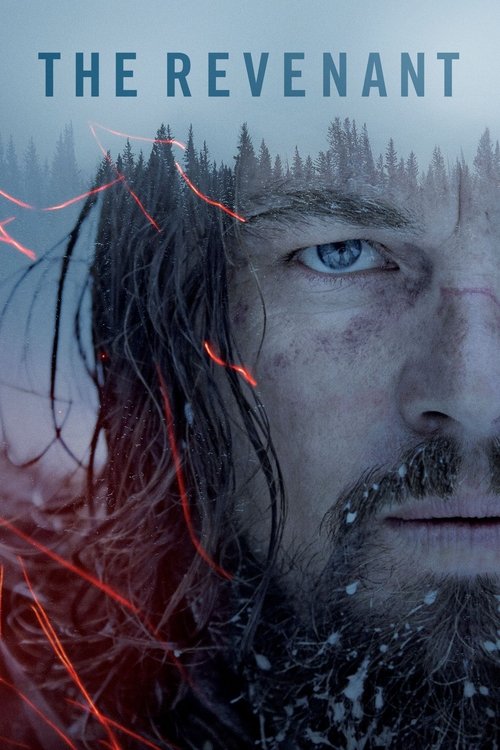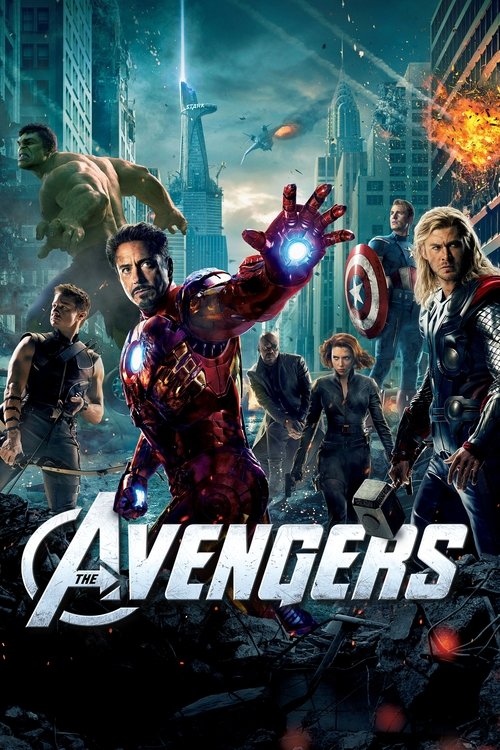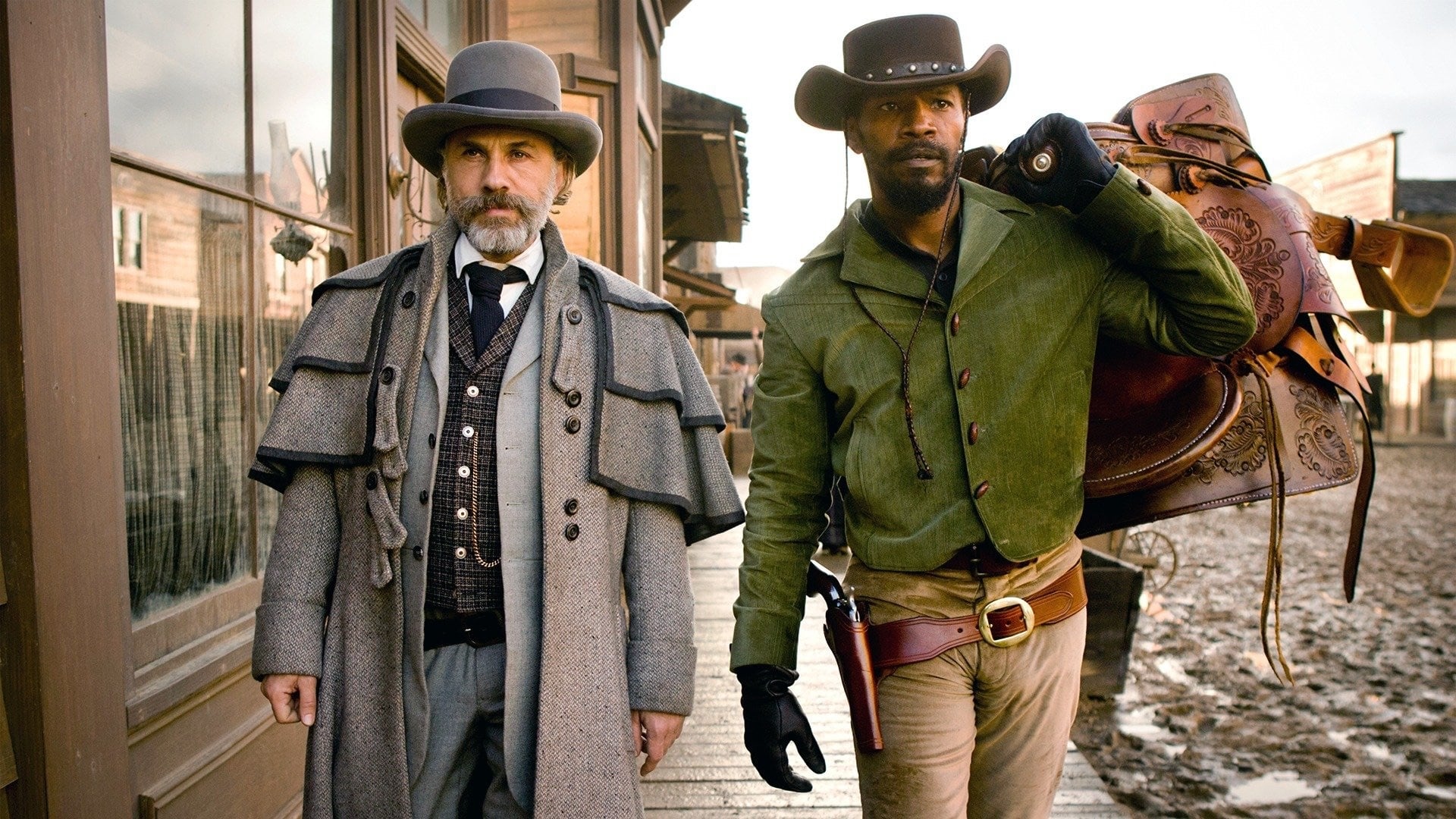
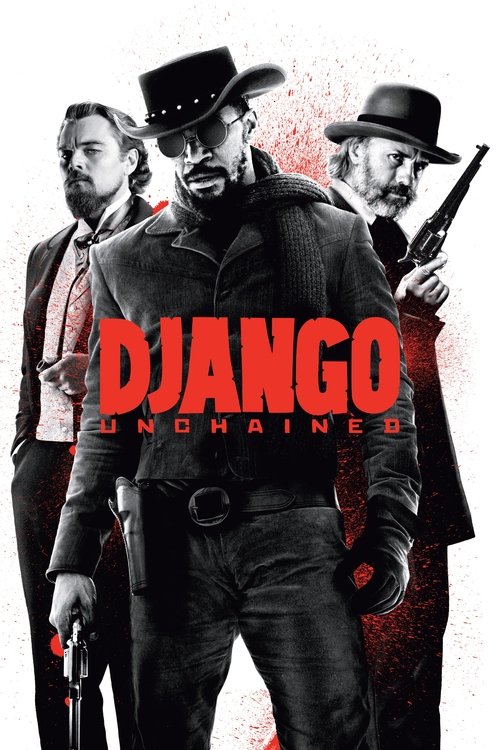
2012
·165m
Django Unchained
Summary
With the help of a German bounty hunter, a freed slave sets out to rescue his wife from a brutal Mississippi plantation owner.
Reviews
LastCaress1972
August 11, 2013
America, mid-nineteenth century, just prior to the Civil War. Winter. Two horsebacked slave-traders are leading half-a-dozen manacled negro slaves through a large, unspecified section of Texas. As they move one night through a wood, they cross paths with an affable, charming German fellow identified by the hokey model tooth affixed atop his carriage by a spring as a travelling dentist. He greets the traders cordially but he's struggling to be understood; not because English is his second language (although he deferentially concedes as much when instructed - more than once - to "Speak English!") but because his vocabulary is far wider than that of the simpler men here before him. It's not a chance passing, either; this German fellow, who identifies himself as Dr. King Schultz (played by Christoph Waltz with the same smiling, deadly menace that earned him an Oscar statue for his part as Col. Hans Landa in Inglourious Basterds) is looking for these traders. More specifically, their inventory of negro slaves. Even more specifically, one of those slaves in particular. Django (Jamie Foxx, Collateral, Ray). Attempting to buy Django, Schultz is met with short, suspicious shrift and ordered at gunpoint to be on his way. Within a second, one trader lies dead and the other lies incapacitated underneath the bulk of his dead horse. Schultz unchains Django, instructs Django to take the dead fellow's horse and coat, and pays the remaining trader for all that he's taken. He then tosses the manacle key to the other slaves and posits two choices to them, as he sees it: Carry their injured master thirty-plus miles to the nearest town for medical assistance, or unchain themselves, blow the injured slave-trader's head off with the gun Shultz has left them, bury the corpses and use the Pole Star to run for the Northern states, where slavery had been abolished, and for more than fifty years in some areas. Funnily enough, they take up the latter option.
So begins Django Unchained, an oater set in the slave states of the Deep South and the latest rollercoaster by Gen-X movieland wunderkind Quentin Tarantino. Always clearly a man heavily informed by the grindhouse subgenre of the Spaghetti Western, he's finally made one himself, and if Quentin's your thing it's a blast, though I doubt it'll convert many Tarantino sceptics; in fact it'll almost certainly reinforce those things that people dislike about him, about which more later.
It transpires that Dr. Schultz ISN'T a dentist ("I haven't practised dentistry in five years," he confides to Django over a beer) but a bounty hunter, and a lethal one at that. He's chasing down the Brittles, a murderous gang of brothers currently plying their trades as plantation overseers. He doesn't know what they look like but he knows they were recently employed at the Carrucan plantation, which is why he was searching for Django - a slave recently sold by that very plantation - in the first place; Django can point them out for him. Schultz is no fan of the South's backwards-thinking propensity for slavery though, and he offers Django a deal: help Schultz find and kill the Brittle Brothers, Schultz will treat Django like a free man, pay him $75 (a decent little wedge in 1858) and rubber-stamp his freedom. Along the way, he'll also teach Django a thing or two about the art of gunfighting and about the macabre trade of bounty-hunting (both in which Django proves to be a natural). On the trail of the Brittles, Schultz wonders aloud as to Django's plans once this endeavour is over and he's free. Well, as it happens, Django is a married man and his intention, once free, is to find his wife and buy her freedom. They'd tried to run from the Carrucan plantation together but they'd been caught, branded (both Django and his wife - played with all of her nerves exposed by Kerry Washington - sport R-For-Runaway scars on their cheeks) and sold on, separately. So he doesn't know where she is but that's what he's going to try to do. Schultz, feeling responsible for Django as the man granting him his freedom, proposes a further deal: If this Brittle bounty goes well, he'll honour Django's freedom but if Django stays with him through the winter as partners, taking on bounties and earning money, he'll help Django locate his wife.
What we have here is a large sequence of set-pieces - some funny, some tense, some action-packed - stretched across very-nearly three hours (though, like most QT films, it moves like a bullet train and those three hours just fly) strung together by a fairly simple revenge/rescue tale set against a geographically sprawling backdrop; a reasonably similar template to many of Quentin's movies and an almost identical template to that of previous outing Inglourious Basterds, to which Django Unchained could almost be considered a companion piece despite the wildly different global and historical settings. Like Inglourious Basterds, Django Unchained is quite a bit longer than the story need be, and like Inglourious Basterds that is because each scene is treated by Tarantino as a mini movie, a contained set-piece all of its own. Every scene is fleshed out and deepened for either heightened comic or dramatic effect by lengthened sequences of characters going about the mundane or by characters delivering enormous monologues - rambling shaggy-dog stories, usually - to one another, for context. Not every scene is entirely necessary, either. I wouldn't call that a flaw though, I'd call it a trait typical of Quentin Tarantino; whether it's a flaw or an outright treat depends entirely on whether that's an element of Tarantino's writing that the viewer appreciates. Personally, I love Tarantino's writer's voice and I could watch these scenes for hours (indeed, I watched Django Unchained three times over the course of yesterday), but I can fully undersand what those lamenting the decent 90-minute film that's lost somewhere within the sojourns and speeches of Django Unchained are saying.
Performances throughout are utterly mesmerising, from stars Foxx and Waltz but also - in fact, maybe more so - from principle antagonists Leonardo DiCaprio as "Monsieur" Calvin Candie, the horrifying owner of the "Candyland" plantation currently holding the ownership deeds on Django's wife, and Samuel L. Jackson in an if-anything even more monstrous role as Stephen, Candie's elderly head house slave, a man who has utterly abndoned the culture and torment of his people in return for a few material trappings as the slave-in-chief. Playing to superb comedic effect is Don Johnson as Big Daddy, a strutting, peacock-like Tennessee dandy and owner of the plantation currently employing the Brittle Brothers, and delightful in cameo roles are (among many others) James Remar (The Warriors, Dexter), Jonah Hill (Superbad, The Watch), John Jarratt (Wolf Creek, Rogue) and Michael Parks (Red State, Kill Bill). Quentin himself makes a cameo as usual and, as usual, he's not as charming as he probably thinks he is, but he's also not as bad as many think he is, either. There's even a quick cameo (raising an involuntary cheer from me!) by Franco Nero, the original Django from the magnificent 1966 film of the same name by Sergio Corbucci (that's not the only nod back to the first Django movie; the opening credits to Django Unchained are presented in exactly the same way as the original, and the theme song to Quentin's film comes directly from the Corbucci film too).
Django Unchained is likely to come under fire on a couple of counts; possibly for it's incredible levels of bloodshed (one particular gunfight is the most blood-splattered scene I've seen in a movie since those elevator doors opened in The Shining), and much more probably for the liberal use of what guilty white folks like to refer to as "The 'N'-word", uttered literally hundreds of times from first scene to last. However, neither criticism is warranted in my humble opinion. The bloodshed is of the overexaggerated cartoon quality. Heads, arteries and extremities explode upon bullet impact like detonated watermelons to a gloopy, "BLAAAPP!" sound effect, the blood itself translucent, syrupy and intentionally unrealistic. And if a tale is set against the backdrop of slavery in the 19th century deep South, you're going to hear the word "Nigger" in that tale. Often. Be assured though that just as Inglourious Basterds was a revenge fantasy of the downtrodden Jewish war refugees over the stupidly evil Nazi Germans, this is a tale of empowerment of the enslaved black man over his sadistic, pig-ignorant white overseers.
If you like Tarantino, you'll probably like Django Unchained. If you like Westerns (and the blood-drenched Spaghetti Westerns of the late sixties in particular), you'll probably like Django Unchained. If, like me, you're an admirer of both Tarantino AND westerns, this is a no-brainer. Get and see it, it's a blast.
I'd like to have seen him pull a Gatling gun out of a coffin, though.
Media
Status:
Released
Original Language:
English
Budget:
$100,000,000.00
Revenue:
$425,368,238.00
